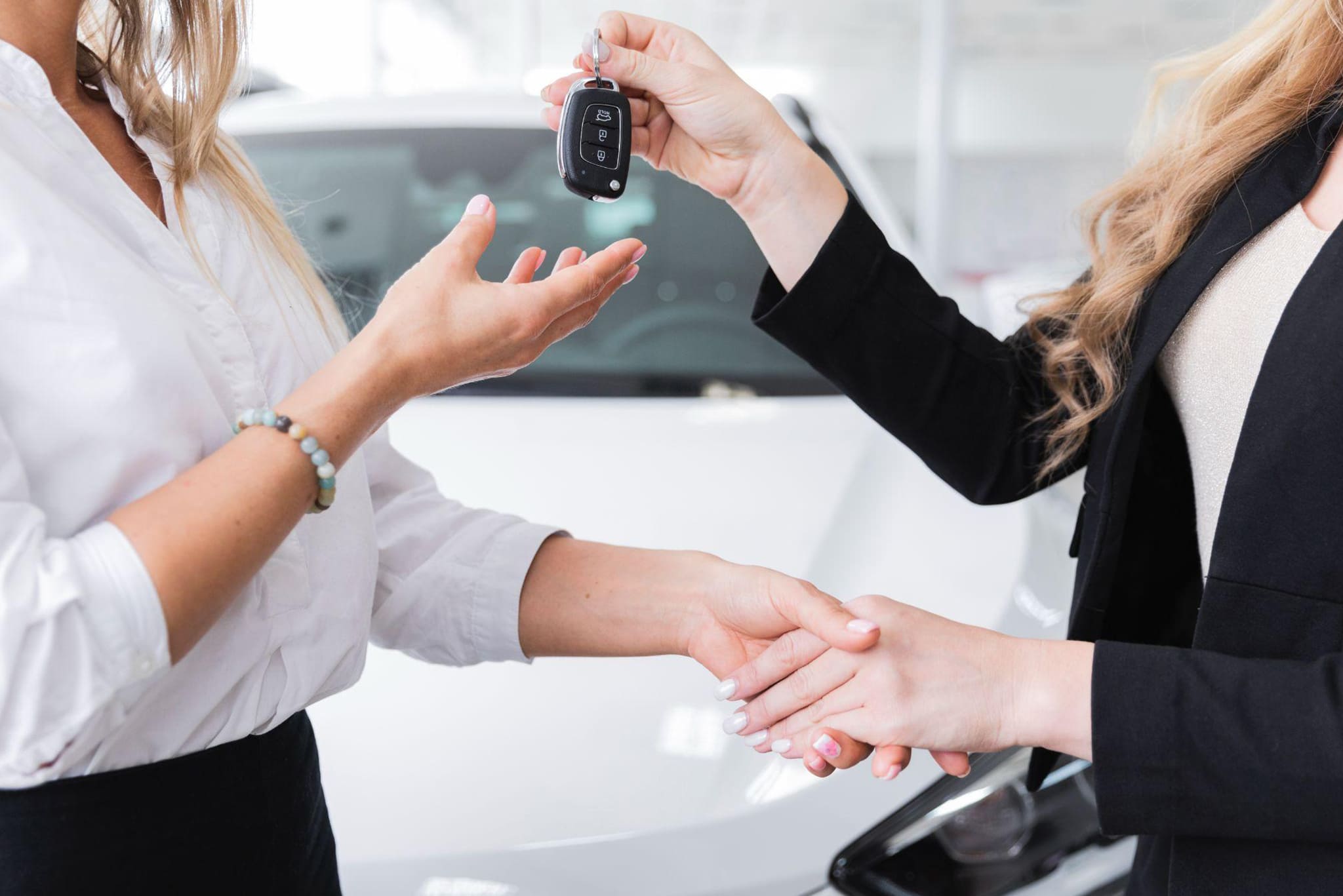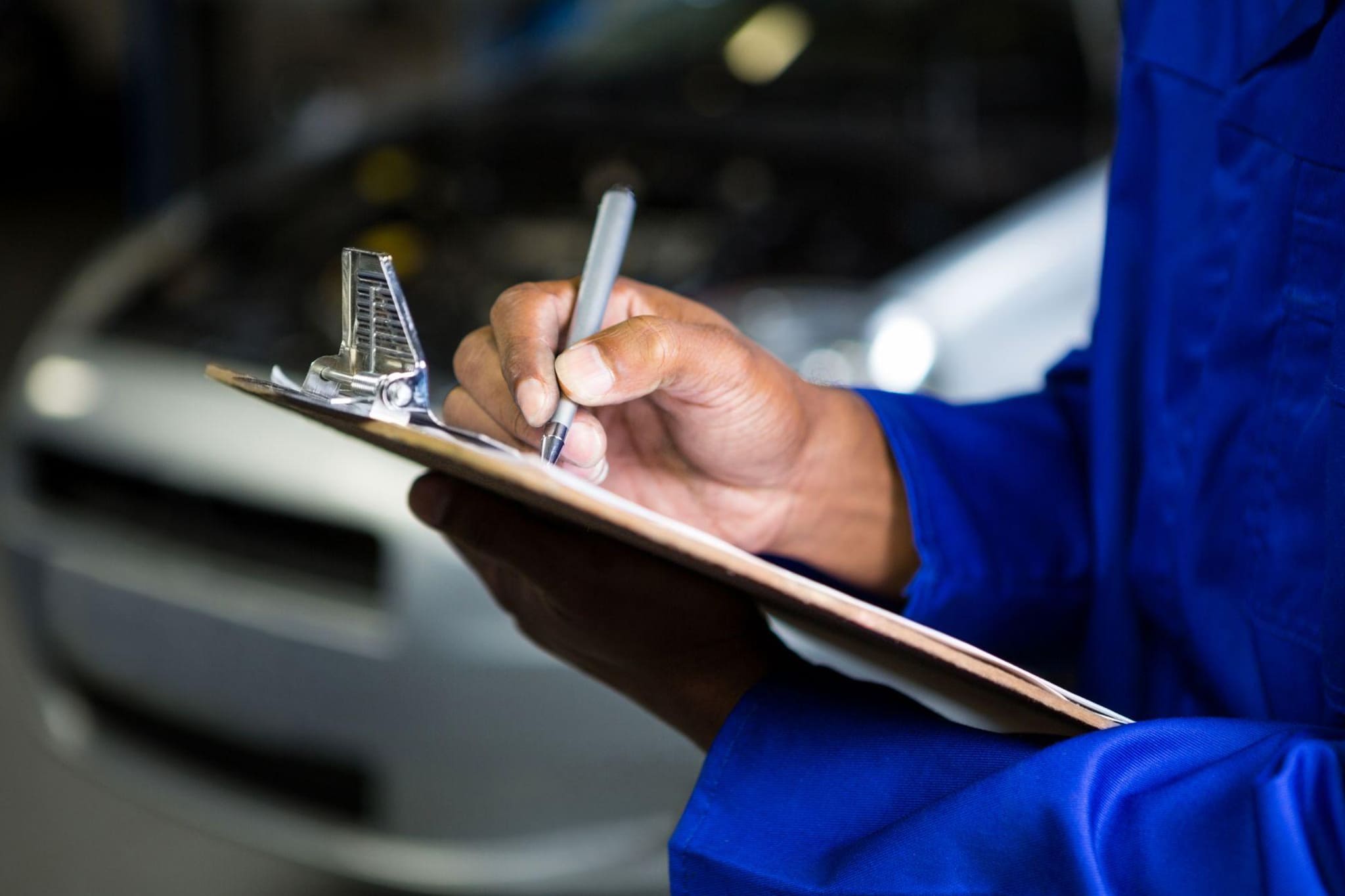
Thinking about buying a used car? It can be an exciting process, but let's be honest, it can also be a little overwhelming. When it comes to used cars, asking the right questions can make all the difference. Whether you're a first-time buyer or an experienced car owner, you want to make sure you're making a smart investment.
At Oto Crémazie, we believe in empowering our customers with knowledge. In this blog, we'll guide you through five essential questions you should ask before you buy a used car. These questions will help you avoid costly mistakes and ensure you drive away with the right car for your needs.
Let's dive in and make sure you're equipped to make a confident, informed decision!
1. What's the Vehicle's History?
Before purchasing any used car, it's crucial to understand its past. A car's history can reveal a lot about its current condition, and more importantly, it can help you avoid any future surprises.

Has the car been in any accidents?
One of the most important things to ask when you're ready to buy a used car is whether it's been involved in any accidents. Accidents can lead to hidden issues that might not be immediately visible. Check for signs of repainting, uneven gaps, or misaligned panels, as these could indicate past collisions.
You can always request a Carfax or other vehicle history report, which will provide detailed information about accidents, title status, and more. A trustworthy dealership, like Oto Crémazie, will provide this report upfront to ensure complete transparency.
How many previous owners has the car had?
The fewer owners a car has had, the better. A car that's been passed through many hands might be a red flag for repeated issues. On the other hand, a single-owner car is often a sign that the vehicle was well-maintained. Ask about the reason the previous owner decided to sell it. If they had to sell it due to mechanical problems, it's worth investigating further.
Is there a full-service record?
When buying a used car, it's important to check if it's been regularly serviced. Ask the seller for service records-regular oil changes, brake checks, and other routine maintenance are indicators that the car has been cared for. If the service records are unavailable, it may suggest the car was neglected, which could lead to problems down the road.
2. What's the Car's Current Condition?
You've done your homework on the car's history, now it's time to dig into its current state. Even a car with a clean record can still have mechanical issues, so it's important to assess its current condition before you buy.

Can I take the car for a test drive?
A test drive is a must when you decide to buy a used car. Driving the car helps you get a feel for its performance and overall comfort. Listen for any strange noises such as grinding or knocking sounds, which could indicate problems with the engine or transmission. Make sure to drive on different road types (highways, city streets) to get a good sense of how the car handles.
What's the condition of the tires and brakes?
Check the tires for wear and tear-uneven tire wear can be a sign of alignment issues. If the tires are bald or worn out, it may cost you extra money to replace them soon after purchase. Likewise, the condition of the brakes is crucial. Ask when the brake pads were last replaced. If they haven't been replaced in a while, it may be time for a costly brake job.
Are there any warning lights or dashboard issues?
Take note of any warning lights on the dashboard. The check engine light, for instance, could indicate major engine issues that need to be addressed before you make the purchase. Ensure the seller agrees to resolve these issues before completing the deal. If they refuse to address them, it may be best to walk away.
3. What Will It Cost to Own and Maintain?
When you buy a used car, the initial purchase price is just one piece of the puzzle. You also need to consider ongoing costs like fuel, insurance, and maintenance. These costs can quickly add up and affect your long-term satisfaction with the vehicle.

What's the fuel efficiency like?
Fuel efficiency is an essential factor when purchasing a car. A car that gets great gas mileage will save you money in the long run, especially if you drive a lot. Compare the miles per gallon (MPG) ratings for both city and highway driving. For example, smaller cars tend to consume less fuel than large trucks or SUVs, which can be an important factor to consider if you're trying to keep operating costs low.
How much will insurance cost?
Car insurance rates vary depending on the make, model, and age of the car. It's wise to check how much it will cost to insure the vehicle before committing to the purchase. Make sure to reach out to your insurance provider to get an estimate. Generally, newer cars or cars with high-performance engines tend to have higher premiums.
Are there any upcoming repairs or replacement parts needed?
Before making your final decision, ask the seller if there are any significant repairs or parts replacements that will be needed soon. You don't want to get stuck with a car that needs costly repairs just after you buy it. Find out when major parts such as the timing belt, battery, or transmission were last replaced, and factor that into your decision.
4. Is There Any Warranty or Return Policy?
Used cars can come with some uncertainty, so it's good to know what protections are in place in case you run into problems. A solid warranty or return policy can give you peace of mind and add to the overall value of the car.
Is the car still under the original manufacturer warranty?
Some used cars are still covered under the original manufacturer warranty. If the car is still within this warranty period, you may be able to have certain repairs done for free, which can save you money. Check with the seller to see if the warranty is transferable to you as the new owner.
Does the dealership offer any warranties?
Many used car dealerships offer their own warranties, either as part of the purchase price or for an additional fee. These warranties often cover major components like the engine and transmission. Be sure to ask about what the warranty covers, how long it lasts, and whether it covers repairs or just parts replacement.
What's the dealership's return or exchange policy?
Ask the dealership about their return or exchange policy. Some dealers offer a 7-day or 30-day return window, allowing you to bring the car back if it doesn't meet your expectations. This can give you peace of mind knowing you're not locked into a purchase if the car ends up having hidden problems.
Conclusion
Buying a used car doesn't have to be stressful or confusing. By asking the right questions, you can make an informed decision and drive away feeling confident in your purchase. From checking the car's history and condition to understanding the cost of ownership and available warranties, these questions will help you avoid common pitfalls and find a car that's right for you.
At Oto Crémazie, we're committed to providing our customers with quality used cars that have been thoroughly inspected and are backed by transparent service. Our team is here to answer all your questions and help you find the perfect car for your needs.
Ready to buy your next car? Visit us at Oto Crémazie and let us help you find the perfect ride today!
